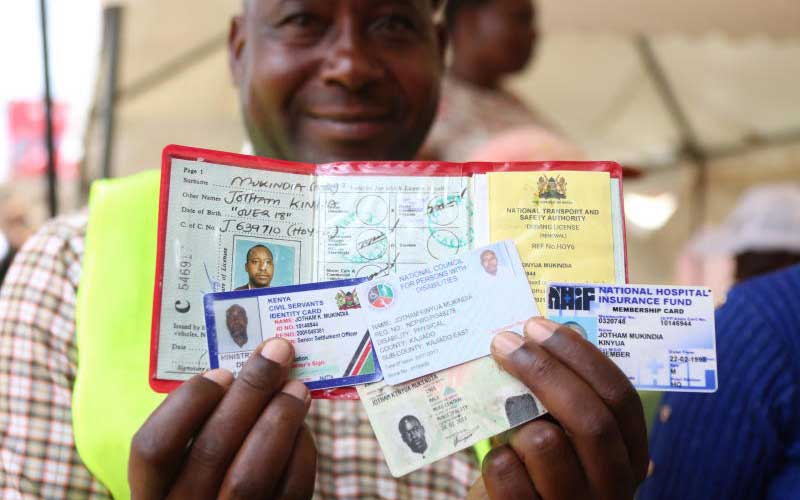×
The Standard e-Paper
Stay Informed, Even Offline

Despite the Government’s mass roll out of the Huduma Namba national registration process last week, questions still linger over the implementation of the controversial project.
Government officials seem to be ignoring a court order issued recently barring compulsory registration of persons under the National Integrated Information Management System (NIIMS) programme.